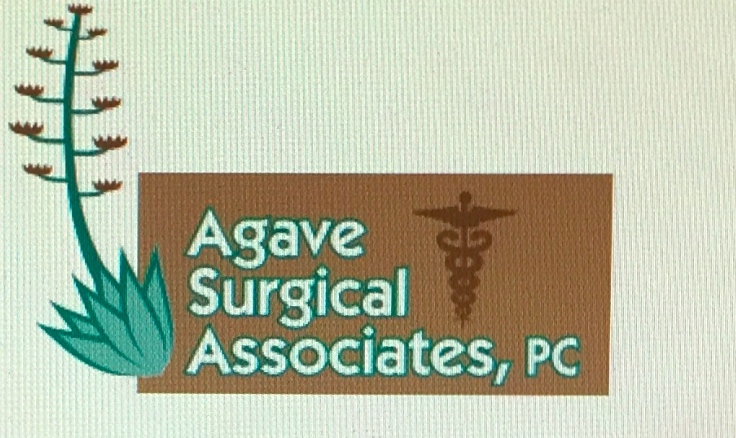Endoscopy
Endoscopy is a nonsurgical procedure used to examine a person's digestive tract. Using an endoscope, a flexible tube with a light and camera attached to it, Dr. Leavitt can view pictures of your digestive tract on a color TV monitor.
During an upper endoscopy, an endoscope is easily passed through the mouth and throat and into the esophagus, allowing the doctor to view the esophagus, stomach, and upper part of the small intestine.
Similarly, endoscopes can be passed into the large intestine (colon) through the rectum to examine this area of the intestine. This procedure is called sigmoidoscopy or colonoscopy depending on how far up the colon is examined.
Why Do I Need an Endoscopy?
Doctors will often recommend endoscopy to evaluate:
- Stomach pain
- Ulcers, gastritis, or difficulty swallowing
- Digestive tract bleeding
- Changes in bowel habits (chronic constipation or diarrhea)
- Polyps or growths in the colon
In addition, your doctor may use an endoscope to take a biopsy (removal of tissue) to look for the presence of disease.
Endoscopy may also be used to treat a digestive tract problem. For example, the endoscope might not only detect active bleeding from an ulcer, but devices can be passed through the endoscope that can stop the bleeding. In the colon, polyps can be removed through the scope to prevent the development of colon cancer.
Is Endoscopy Safe?
Overall, endoscopy is very safe; however, the procedure does have a few potential complications, which may include:
- Perforation (tear in the gut wall)
- Reaction to sedation
- Infection
- Bleeding
How Do I Prepare for Endoscopy?
Gut Preparation. Examining the upper digestive tract (upper endoscopy or ERCP) requires nothing more than fasting for 6-8 hours prior to the procedure. To examine the colon, it must be cleared of stool. Therefore, a laxative or group of laxatives is given on the day before the procedure.
Sedation. For most examinations with an endoscope, a sedative is provided. This increases the comfort of the individual undergoing the examination. The sedative, which is administered via an injection into the vein, produces relaxation and light sleep. There are usually few if any recollections of the procedure. Patients wake up within an hour, but the effects of the medicines are more prolonged, so it is not safe to drive until the next day.
General anesthesia (puts you totally asleep for a period of time) is given in only very special circumstances (in young children, and when very complex procedures are planned).
*All information taken from WEBMD:
http://www.webmd.com/digestive-disorders/digestive-diseases-endoscopy
